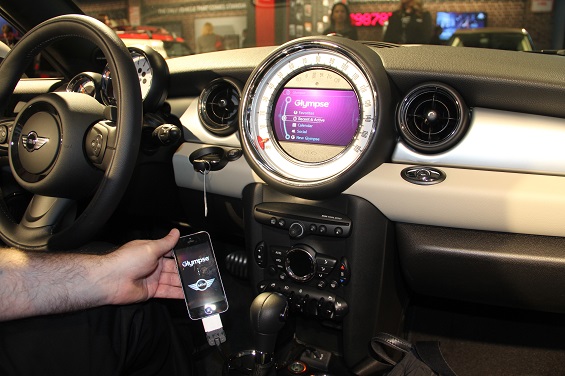
Can the auto industry face the challenges of cyber threats?
We’re living in the Digital Age, where analogue technology is slowly but surely becoming obsolete and our everyday items are turning into computers. A telephone isn’t really a telephone anymore, it’s a computer that makes phone calls. A refrigerator isn’t a refrigerator anymore, it’s a computer the keeps your food cold. A care isn’t a car anymore, it’s a computer with wheels and an engine that you drive around.
While the benefits of going digital are innumerable, it isn’t without its risks. Everyday items are no longer what we think they are, and we need to rethink those objects to help keep them secure, says a leading security expert. That includes the millions of new vehicles now being sold in dealerships across the United States.
Today’s new cars come equipped with dozens of microcomputers connected by a network and run everything from infotainment systems to the engine itself. New technology has provided advancements in fuel economy, comfort and safety. But it comes at a price. Like any other computer system, the units inside our cars are vulnerable. Hackers can infiltrate these systems. Once they’re inside, they can do anything from steal your data to control your car.
Automakers were slow to realize these growing risks, says Bruce Schneier, chief technology officer of Co3 Systems and a fellow at Harvard’s Berkman Center, but they’ve better responded to these potential threats in recent years. Schneier spoke at the Battelle CyberAuto Challenge, a week-long gathering of industry leaders, researchers and students pioneering automotive cyber security held in the greater Detroit area.
Progress has been made, yet he said there are still dangers on the horizon. He foresees more complexity and potential dangers ahead as more connected cars reach the road and the US transitions to a traffic system in which vehicles talk both with each other and infrastructure. By 2017, industry analysts expect 60 percent of new cars around the world will contain connected capabilities.
Although there are no documented cyber car attacks in the real world, studies have shown that cars can be hacked. In 2011, researchers at the University of Washington and California-San Diego teamed up to hack into a vehicle and disable its brakes, selectively brake individual wheels on command and stop the engine. The report noted the ‘fragility’ of the underlying system.
Last year, researchers at IOActive, a global computer security firm, breached network security in a Ford Escape and Toyota Prius. From the rear seats, they controlled every conceivable function of the cars, manipulating the steering, throttle inputs and dashboard indications. Together, the two studies are seen as big warnings for the industry. Read more about the story here.
This post may contain affiliate links. Meaning a commission is given should you decide to make a purchase through these links, at no cost to you. All products shown are researched and tested to give an accurate review for you.



